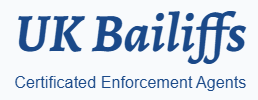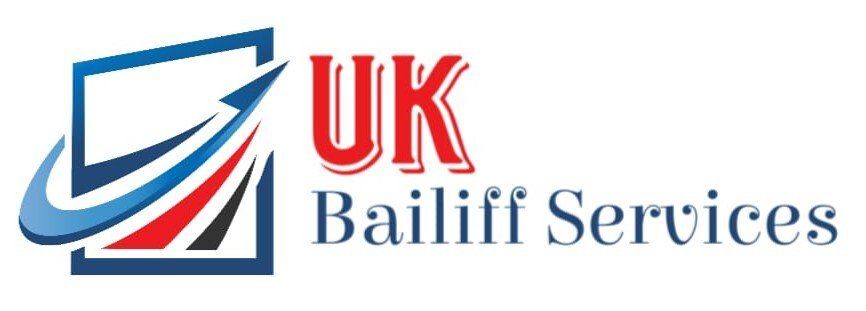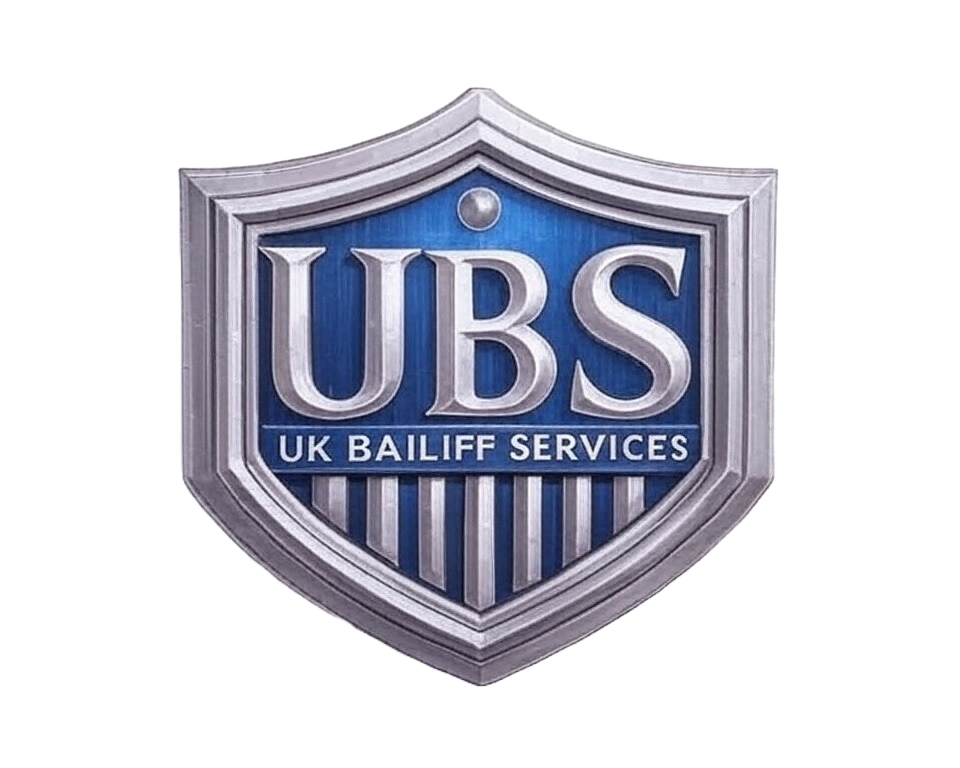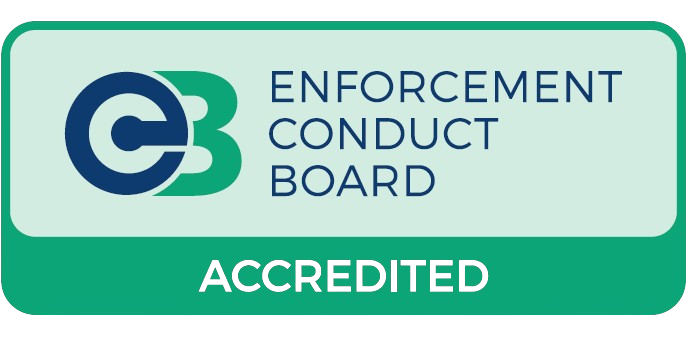What is Taking Control of Goods?
Taking Control of Goods (TCoG) is a legal process used by Certificated Enforcement Agents under the Tribunals, Courts and Enforcement Act 2007. It allows them to secure and recover unpaid debts by seizing assets belonging to the debtor.
This process starts with the service of a Notice of Enforcement and gives the debtor an opportunity to settle the debt before enforcement visits occur. If unpaid, agents may attend the premises and take control of goods to recover the amount owed.
TCoG offers a cost-effective and regulated method of enforcing payment without lengthy court proceedings, helping businesses recover commercial debts efficiently.
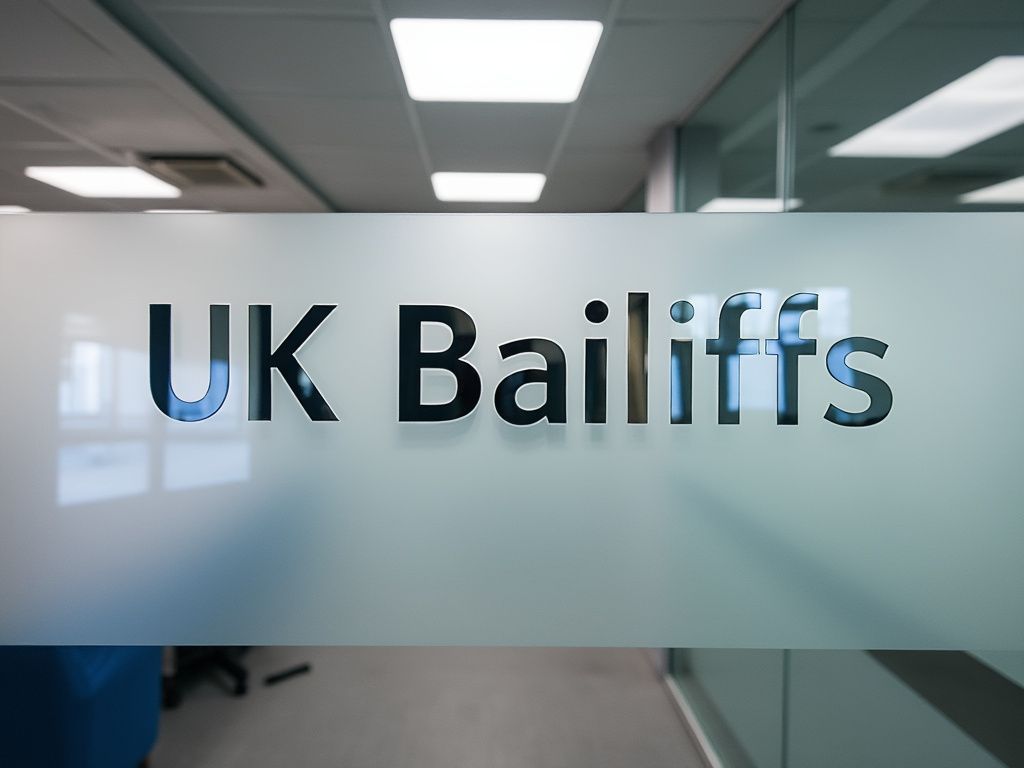
Taking Control of Goods Regulations
The Taking Control of Goods Regulations 2013 is a set of regulations in England and Wales that govern the actions and procedures followed by enforcement agents, commonly known as bailiffs, when seizing and selling goods to recover debts. These regulations were introduced as part of the broader legal framework provided by the Tribunals, Courts and Enforcement Act 2007 to regulate bailiff activities and ensure that debt collection is conducted in a fair and transparent manner.
Here are some key aspects and provisions of the Taking Control of Goods Regulations 2013:
- Definitions: The regulations define various terms and concepts related to the enforcement process, such as "controlled goods," "distress," "exempt goods," and "taking control." it also changes the official name of 'Bailiff' to that of 'Enforcement Agent'
- Notice of Enforcement: Before an enforcement agent can take control of goods, they must provide a notice of enforcement to the debtor. This notice informs the debtor of the debt owed, the name of the creditor, and the amount to be paid. The debtor is given at least seven clear days' notice to either pay the debt or reach a payment arrangement.
- Compliance Stage: The regulations establish a "compliance stage" that lasts for seven days after the notice of enforcement is given. During this period, the debtor is encouraged to make payment or agree to a payment plan.
- Taking Control of Goods: If the debtor fails to make payment or agree an acceptable payment plan during the compliance stage, the enforcement agent can proceed to "take control of goods." This involves identifying and listing the debtor's assets for potential seizure. Further fees will be applied at this stage to the debt.
- Exempt Goods: Certain items, such as essential household goods and tools of the trade up to the value of £1350.00 , are considered "exempt goods" and cannot be seized by bailiffs to satisfy a debt. These exemptions are designed to ensure that debtors have essential items to maintain their lives and livelihoods.
- Sale of Controlled Goods: If the debtor does not pay or agree to a payment arrangement after the goods have been taken into control, the enforcement agent has the authority to sell these goods at public auction or through other appropriate methods to recover the outstanding debt.
- Fees: The regulations outline the fees that enforcement agents can charge for their services. These fees are typically added to the debt and are subject to legal limits.
- Protections for Vulnerable Individuals: The regulations include provisions to protect vulnerable debtors, including the elderly, disabled, and those with mental health issues. Enforcement agents are expected to consider the debtor's circumstances and take appropriate actions.
- Record-Keeping: Enforcement agents are required to maintain detailed records of their activities, including notices, valuations, and sales of controlled goods.
The Taking Control of Goods Regulations 2013 aims to strike a balance between the rights of creditors to recover their debts and the rights of debtors to be treated fairly and have certain essential items protected from seizure. These regulations ensure that bailiffs follow specific procedures and act in accordance with the law during the debt recovery process.
For a bailiff to Take Control of Goods, they usually need to be acting under a Warrant or Writ of Control or liability order issued by a Court. The exemption is for bailiffs instructed by landlords to recover outstanding Commercial Rent Arrears (CRAR) - this is the only type of debt which can be enforced under these regulations without a Court order.
